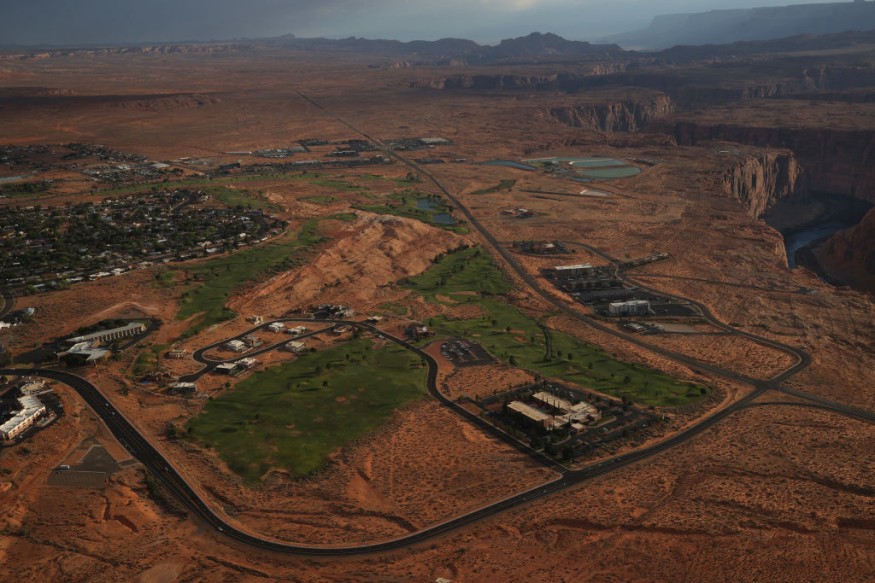Monday, July 5th, 2021, 2:50 p.m. Enormous wildfires last year razed vast parts of Colorado's mountains, leaving them blanketed in ash - ash that has now been carried away by rains in the river in Fort Collins, Colorado.
The Poudre River Whitewater Park and the river has been coated in ashes with sediments from the Wildfire due to the downpour.
The Scarcity of Water Resources

Fort Collins, Colorado, JULY 1 (Hfrance.fr) - Water bills were delivered in early spring, along with messages asking Fort Collins Utilities customers to conserve money. Customers in Colorado may have assumed the issue was a prolonged drought in the Western USA.
The issue wasn't a lack of available water. That was the level of performance. Utilities are now paying attention to a little-known effect of large-scale fires: firewater pollution.
Last year's enormous forest fires burned large parts of the Colorado Rockies and coated them in ash - ash that has now been carried away by rains in the Cache la Poudre River, along with the sediments.
The river is one of two sources of household water in this 165,000-person university town. Authorities are afraid that with more severe storms predicted this year, water quality may deteriorate beyond what treatment systems can handle.
Approximately 80% of the freshwater resource in the United States originates on forested land, and over 3,400 towns rely on public drinking-water systems based in watersheds on forest lands.
As a result, the potential effects of wildfires on the quantity and quality of runoff utilized for source water, fisheries, and aquatic ecosystems are significant. After two recent wildfires in Colorado, for example, water suppliers spent more than $26 million on water-quality treatment, sediment and debris removal, and other associated issues.
Fort Collins, Greeley and other communities are pooling resources and seeking help from the states and the federal government. Water managers say they need to explore new ways to raise funds and make capital improvements to deal with contamination from fires. "You cannot get around the fact that the cost of water is increasing," an expert says.
"The implications are that people need to think a little bit more about how to manage and sustain reservoirs," Rhoades said.
Colorado's Wildfire
According to a meteorologist, Colorado's Wildfire was being fueled by strong winds that began Tuesday night and continued through Wednesday. There have been no reported injuries or deaths as a result of the record-breaking fire, which is 56 percent controlled.
Although some mandatory evacuations have been issued, the city of Fort Collins is not deemed to be in danger. The Pine Gulch Fire, which was started by a lightning strike in July and burnt 139,007 acres, was completely controlled in September. More than 4.1 million acres have been burnt in California, with 13 major wildfires currently blazing.
Thunderstorms are possible Saturday afternoon and evening on the Western Slope and in parts of the central mountains. Scattered thunderstorms are possible through the weekend and into next week, bringing bursts of heavy rains.
© 2026 NatureWorldNews.com All rights reserved. Do not reproduce without permission.





